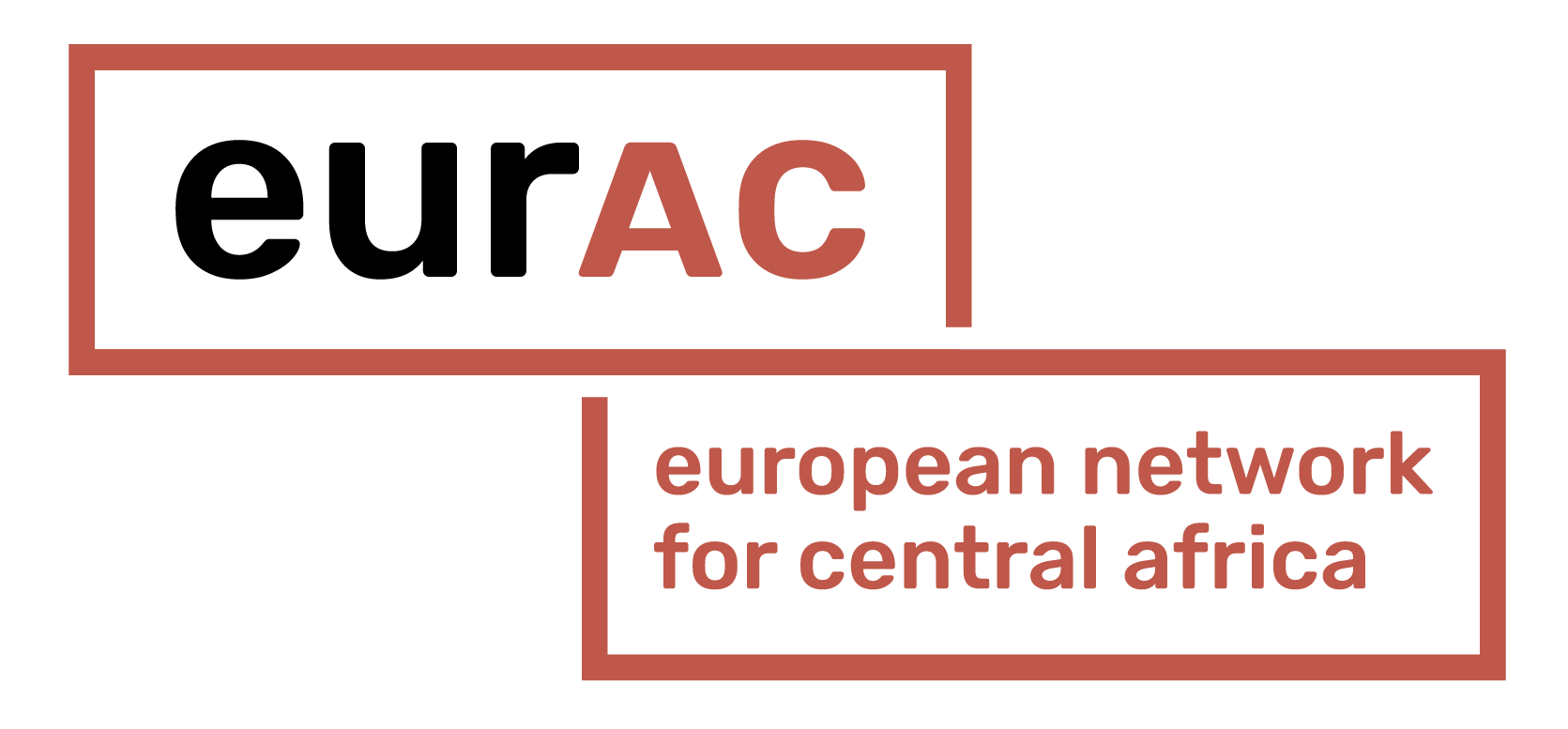DR Congo: The EU and its member states must stop their “wait and see” approach and act now in a preventive and united manner
Press release
As EU member states are due to discuss the situation in the Democratic Republic of Congo (DRC) today at the Foreign Affairs Council (FAC), the European network for Central Africa (EurAc) wishes to express to EU ministers its deep concern about a human rights, security and humanitarian crisis that shows no signs of abating and share its new policy brief ‘DR Congo: The EU and its member states must stop their ‘wait and see’ approach and act now in a preventive and united manner’ with concrete actions and recommendations for the European Union (EU) and its member states to show a stronger and more concrete commitment to peace, respect for human rights and development in the DRC.
Contrary to the rhetoric currently used by several diplomats and EU policy and decision-makers, 7 months before the presidential elections in the DRC, the situation is far from improving: no positive signs which could lead one to believe that fair, transparent and credible elections in December 2018 would actually occur are in sight. Indeed no “mesures de décrispation” as provided for in the New Year’s Eve agreement of 31 December 2016 in terms of respect for fundamental freedoms and civil and political rights, including the release of political prisoners and the reopening of civic and media space, has been implemented. On the contrary, political meetings and public demonstrations are still banned and opponents, activists, journalists and dissident voices continue to face brutal repression through intimidation, harassment and unlawful detention. Moreover, recent developments such as the controversial nomination of three judges at the Constitutional Court, as well as declarations from senior Congolese officials presuming that Joseph Kabila would be running for a third-term and the adoption of the law on the distribution of seats raise serious questions about the reliability of the preparation of the electoral process. The actual will of the ruling power to organise fair, credible and transparent elections is anything but obvious.
“The EU and its member states must put an end to the current positive rhetoric praising the positive steps taken by the government in the past months. They have to realise the situation is dire and truly worrying and take bold, preventive and united action to prevent an even deeper deterioration of the current political, human rights, security and humanitarian crisis, that could have even greater repercussions for the entire region,” says Julie Capoulade, Advocacy officer at EurAc.
Notably, EurAc calls on EU Foreign Affairs Ministers to:
- Extend EU targeted sanctions (travel ban and asset freeze) to new individuals, key senior security forces officers, political figures and influential officials, closer to the inner circle of President Kabila, responsible for serious human rights violations taking place across the country, including the recent killings and acts of violence during the 31 December 2017, 21 January and 25 February 2018 protests, and/or for hindering the democratic process and obstructing a consensual and peaceful solution to the crisis;
- Employ additional means of exerting pressure and trigger the mechanisms for a stronger political dialogue as laid out in Article 8 of the Cotonou Agreement with a view to start consultations laid out in Article 96 of the same agreement;
- Demand that the government fully respects the requirements set out in the Cotonou Agreement as well as in the New Year’s Eve Agreement, proceeds with the immediate and unconditional release of all prisoners of conscience (notably the four Filimbi activists who have been held in Kinshasa since December 30, 2017) as well as dropping all charges still held against them and lifts the ban on peaceful public demonstrations.
For media request and/or more information please contact:
Julie Capoulade - Communications & Advocacy Officer - EurAc
Office: +32 2 725 47 70 // Mobile: +32 499 81 01 77 // julie.capoulade@eurac-network.org

